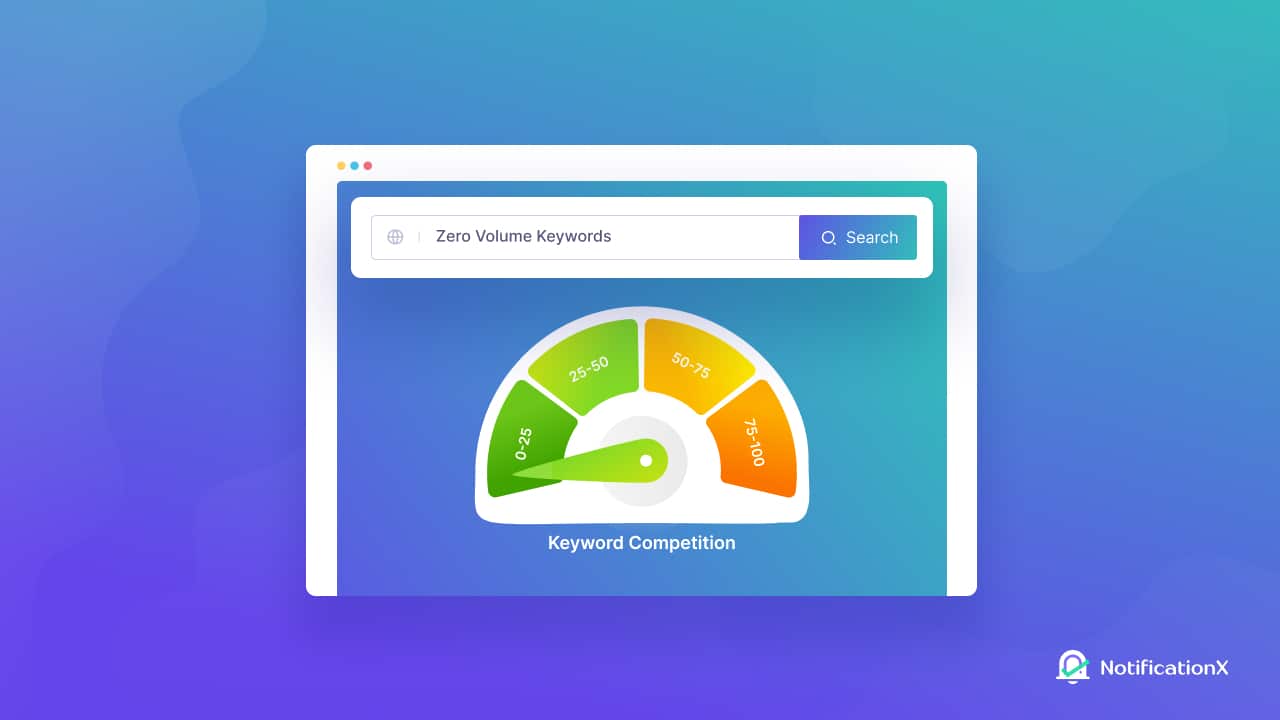Affiliate marketing has received significant attention as a way to make passive income. SEO tactics, especially using keywords, are a big part of its success. Long-tail keywords are often underused, but they can be very useful in affiliate marketing because they are more specific and have less competition. This blog post will provide a guide to using long-tail keywords in affiliate marketing.

Using Long-Tail Keywords: What It Is & How Do They Work?
You need to know what is Long Tail Keyword before we dive deeper. Visitors who are on a mobile device or conducting a voice search are more likely to utilize these precise, three- to four-word phrases to find what they’re looking for. They’re called ‘Long Tail’ because if you plot the frequency of these types of phrases, you get a distribution curve with a fat head and a long, thin tail. The “tail” of distribution is where you’ll find the long tail keywords.
Head terms (also known as short tail keywords) and long tail keywords are the two types of search phrases that can be used in this context. Head terms are shorter and more general than other terms, usually consisting of only two words. While “shoes” would be considered a head term, “women’s red running shoes size 8” would be an example of a long-tail keyword. Head phrases have a large search volume yet are difficult to rank for because of their competitiveness and generality.
There are numerous advantages to using long-tail keywords in your SEO strategy. To begin with, they have a lower level of competition. Since fewer competitors are optimizing their sites for highly precise phrases like,” you have a better chance of rising to the top of search engine results pages.

Secondly, conversion rates are better for long-tail keywords. A buyer who types in a broad phrase like “shoes” is probably simply looking around, whereas one who types in a specific product is probably ready to buy. By optimizing for these terms, you can increase your site’s conversion rate by attracting customers who are more inclined to make a purchase.
Importance Of Using Long-Tail Keywords In Affiliate Marketing
There are many convincing reasons for using long-tail keywords in affiliate marketing. Affiliate marketers can better target their campaigns to interested parties, thanks to the precision of these keywords. By doing so, you can increase customer satisfaction and conversion rates by providing just what the visitor needs.
The key is to know what customers want. Customers who want to proceed with the purchase are more likely to choose long-tail keywords since they have a more refined idea of what they want. An individual who types in “best stainless steel French press coffee maker” likely already knows what they want and is just seeking the greatest alternative available. With this term in mind, you may increase conversions by directing the reader to the most relevant product in your affiliate portfolio.
Affiliate marketing with long-tail keywords has been shown to be successful in a number of studies and statistical analyses.
According to research conducted by Ahrefs, the vast majority of searches are for phrases rather than single words. According to research conducted by Moz, long-tail keywords are 2.5 times more likely to result in a conversion than short-tail keywords.
These numbers demonstrate the promise of long-tail search terms. Affiliate marketers can access a more qualified audience with less competition and a higher possibility of conversion. Optimizing your affiliate marketing campaign is a breeze when you are using long-tail keywords.
We’ll talk about what they are, why they’re important in affiliate marketing, and how to use them to increase traffic, conversions, and sales. Let’s get started with long-tail terms.
Identifying Relevant Long-Tail Keywords In Affiliate Marketing
Several techniques and resources exist for identifying relevant long-tail keywords for affiliate marketing campaigns. Finding long tail keywords is easy and free with Google’s “searches related to…” area at the page’s bottom. It offers suggestions based on related searches conducted by other users.

Tools like the Google Keyword Planner, SEMrush, and Ahrefs are useful for in-depth research. You may use Google’s Keyword Planner to research potential keywords for your site, along with data on how often those terms are searched and how fierce the competition is. Both SEMrush and Ahrefs allow you to monitor your keyword ranks over time and snoop on your competitors’ keyword usage, among other comparable but additional functions.
When using long-tail keywords, it’s important to consider both relevance and search volume. Your selected keyword should have some connection to both your content and your affiliate products. The number of times a keyword is searched for is represented by its “search volume”. Finding long-tail keywords with a respectable search volume can significantly boost site traffic, despite the fact that these terms typically have lower search volumes.
It’s just as crucial to know and evaluate how tough the competition is for these keywords. Examining how many competing pages there are for a certain keyword is an important part of this process. Tools like Ahrefs and SEMrush provide a Keyword Difficulty Score that can be used for this purpose. With a lower score, you’ll have fewer competitors online and a better chance of rising in the search engine rankings.
By employing these techniques, you can zero in on powerful long-tail keywords that could significantly enhance your affiliate marketing strategy.
Using Long-Tail Keywords In Affiliate Marketing Strategy
Once you have identified relevant long-tail keywords, the next step is integrating them into your affiliate marketing strategy. A few best practices for doing this are:
Use Keyword Phrases In Content
While using long-tail keywords in your blog posts, make sure they show up in important places like the title, meta description, URL, header tags, and throughout the text. The use of keywords should be natural and make sense in the situation.
Use In Link Building
Using long-tail keywords can be useful for link-building as well. You can use long-tail keywords as anchor text in backlinks. This will provide signals to search engines that the content has something valuable to offer.
Take Advantage Of Social Media Marketing

Using long-tail keywords when sharing content on social media sites can help people find it easily. You can use these keywords in images, descriptions, or hashtags to get the attention of users who may be looking for these terms.
Promotional Content For Affiliate Products
Long-tail keywords should be a natural part of the content you make to sell your affiliate products. This can be done in product descriptions, reviews, comparison articles, and any other material that is meant to market the product.
The goal behind using long-tail keywords is to help the right people find your content—people who are interested in your area and are likely to buy. But don’t use too many keywords, because search engines will punish you if you do. Instead, you should focus on making useful, high-quality content that meets the needs of your audience and uses keywords in a natural way.
Common Mistakes to Avoid When Using Long Tail Keywords
Using long-tail keywords can be an effective strategy for affiliate marketing but there are some common mistakes that affiliate marketers should take into account and avoid accordingly.
Avoid Keyword Stuffing
Search engines are getting smarter, and if they think you are using long-tail keywords in a way that barely makes any sense, they might not trust your site. Instead, try to use your keywords in a way that makes sense to the reader.
Don’t Use Irrelevant Keywords

If you choose the wrong keywords, you might get the wrong kind of people to your site. Traffic that isn’t useful won’t convert because your content won’t be what they were looking for. So, it’s important to make sure that your long-tail keywords have a lot to do with your content and the products you’re trying to sell.
Consider User Intent
It can cost you a lot if you do not think about what the user wants. Using long tail keywords is helpful because they fit specific search queries. If you don’t think about why people are searching for these things, you might miss chances to give them content that meets their wants.
To avoid these mistakes, it’s important to do in-depth keyword research and carefully figure out what the user wants. Use SEO tools to find out how many searches, how much competition there is, and how useful your site is.
Aim to give your readers information that is good, useful, and meets their needs. By not doing these common things, you’ll be able to get the most out of long-tail keywords in your affiliate marketing plan. This will improve your results, bring you more traffic, and make it easier for people to buy from you.
Continuous Evaluation And Adjustment Of Your Keyword Strategy
Keeping track of how well keywords are doing is a key part of a good long-tail keyword plan. By keeping a close eye on your keyword results, you can see which terms are bringing you traffic and sales and which ones aren’t doing as well as you thought they would. This study will show what is working and what needs to be fixed or made better.

Plans should be changed based on how well they work. If a term isn’t getting you the traffic you want, it could be because it’s too competitive or because it doesn’t match what people are looking for. When this happens, you may want to look for other choices or change your content to better meet the needs of your viewers.
In the same way, if a term is getting a lot of traffic, you might want to write more about it or use related long-tail keywords. Keeping up with the latest trends in keywords is another important thing to do. Culture, the seasons, and market trends change how people search over time. What worked well six months ago may not work well now. Google Trends and other tools can help you keep up with how popular keywords change over time.
Your strategy will stay useful and successful as long as you keep evaluating it and making changes to make sure it fits user behavior and market trends. By doing this, you can make sure you’re always getting the most out of your long-tail terms, driving high-quality traffic, and improving your affiliate marketing success.
Use Long-Tail Keywords In Affiliate Marketing And Improve Conversions
Affiliate marketers can benefit greatly from using long-tail keywords because of their potential to attract a more specific audience and boost conversion rates. You can greatly improve your affiliate marketing results by learning about these keywords, figuring out how to find and use them, and making constant adjustments to your approach depending on performance and trends. See the dramatic improvement in your affiliate marketing results as soon as you implement long-tail keywords into your plan.
Did you enjoy reading the blog? Share your thoughts in our Facebook Community and subscribe to our blogs for more affiliate marketing guides.








